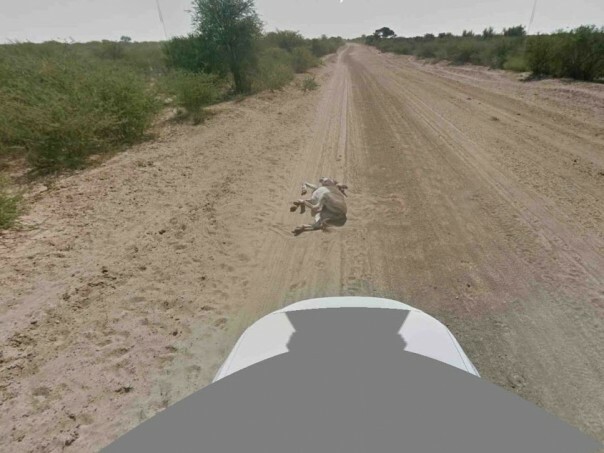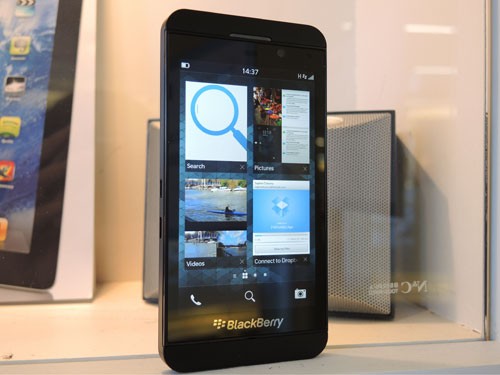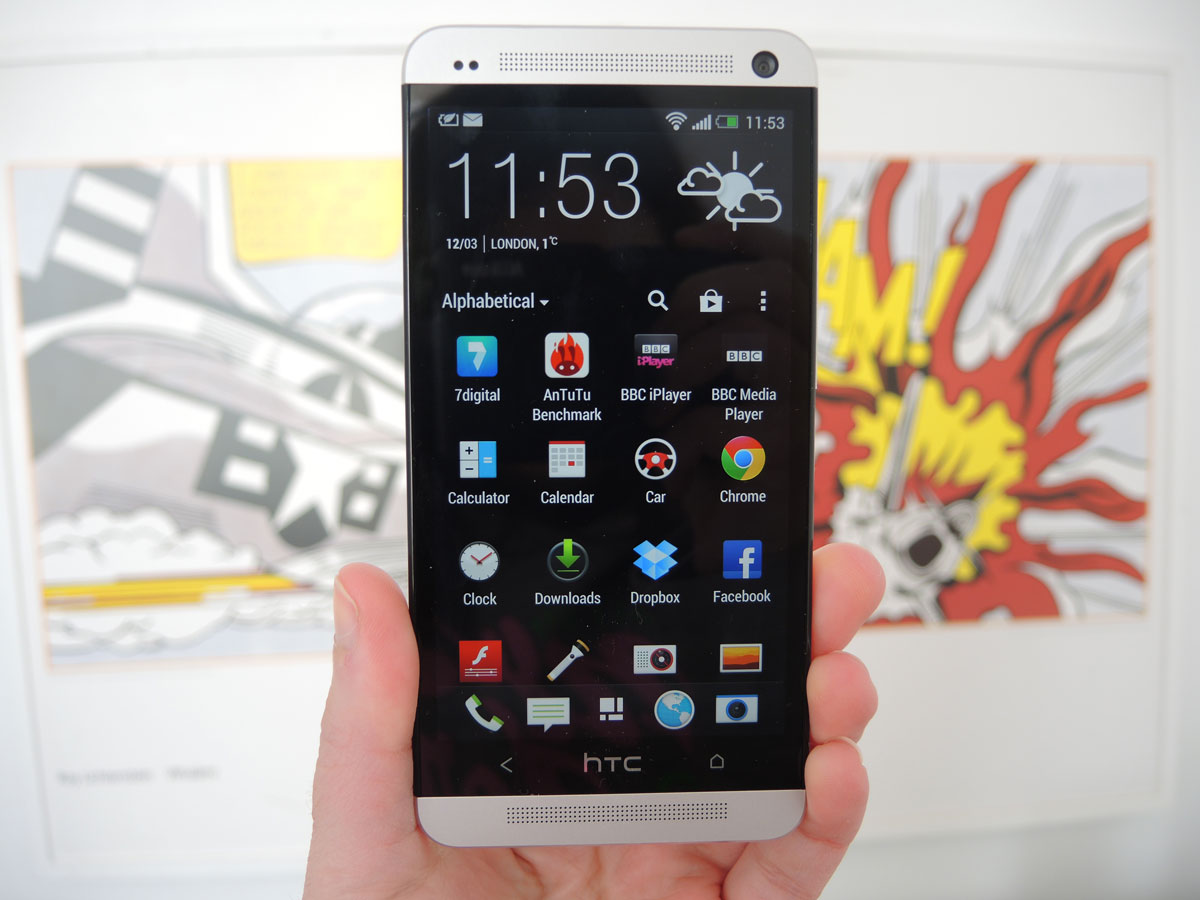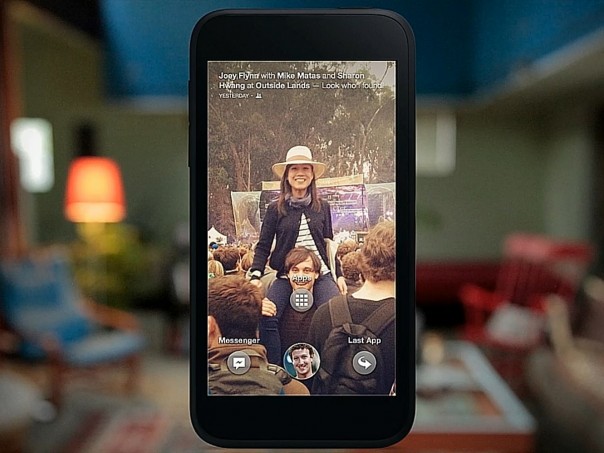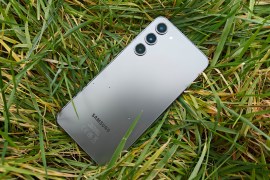100 tech events that defined 2013 – Pt. 1
We look back at some of the stories — big, small and just plain odd — that shaped the world of gadgets and tech in 2013

2013 started with a possible donkey hit-and-run courtesy of Google, and ended with the internet raising money so a blind man could keep the ageing guide dog that saved him from being struck by a train.
In-between animal-related antics, we got new devices aplenty, companies throwing money about like confetti, Apple being doomed at least a dozen times daily, and the all-too-brief return of Knightmare. Join us now for the first of our three-part review of what we reckon was a cracking year in tech!
JANUARY – BlackBerry’s back, and Qualcomm’s Big Bird bid
The year kicked off with Qualcomm staking an early claim for the most cringeworthy tech event of 2013 via its CES keynote. After a painfully long intro of toe-curling hipster and gangster stereotyping (“And by hot, I mean ‘fuego’!” *pin drop*), special guests arrived and just wouldn’t stop coming. But even Steve Ballmer getting into a lather about Qualcomm chips, Big Bird and an embarrassed ‘birdketeer’ chum discussing augmented reality, Guillermo del Toro, Alice Eve and Archbishop Desmond Tutu, weren’t enough to save the car-crash event from its dire script, with jokes so flat they’d seemingly been repeatedly steamrollered.
All is forgiven, though, for the Snapdragon 800 chip that was unveiled, which went on to power a number of the best smartphones of the year.
Elsewhere, RIM became BlackBerry in products and name, with a new brand, new software (BlackBerry 10!) and new hardware (Z10! They like the number 10!), but despite us and others rather liking its innovative new direction, the world had long since stopped caring – and would continue to not care right up until the end of the year. Amazon released auto-rip, enabling Americans (and, by June, Brits) to sneakily get digital copies of albums they’d actually bought as gifts for their gran.
Twitter did for video what it did for long-form writing, unveiling Vine, a sharing service for six-second videos. And Google simultaneously expanded mapping coverage of isolationist North Korea while responding to accusations a Street View car had murdered a donkey in Botswana. In a blog post, ‘Never ass-ume’, Kei Kawai, Group Product Manager, Google Maps, pointed out the donkey was fine; presumably as punishment for the terrible pun in the blog post’s title, The Register then helpfully noted a Street View car had instead killed Bambi (or possibly some random deer), as evidenced by (since deleted) images from back in 2009.
The most important story of the month for us, though, was Aaron Swartz. The programmer had worked on RSS and Reddit, but was arrested in 2011 by MIT police, on breaking and entering charges, having downloaded a slew of academic journal articles. Faced with the prospect of a staggering 35 years in jail and $1 million in fines, and denied a plea bargain, he was found dead in his apartment. It was a shameful episode for many of those involved, not least the prosecutors and MIT.
FEBRUARY – Vine time and the PS4 no-show
Despite only arriving the previous month, Vine started to make waves in February. Journalist Dawn Siff was particularly creative, using the service to fashion the first Vine resumé. “Idea machine Dawn Siff. Journalist. Strategist. Manager. Deadline Jedi,” she said enthusiastically, clutching props such as a Rubik’s Cube and a lightsaber. Two months later, she was gainfully employed, albeit “through old fashioned networking,” – but her new employer was reportedly “impressed” by the Vine.
In the play for hearts and minds of next-gen (or should that be next-next-next-gen?) gaming, Sony was first out of the blocks, with its imaginatively named PlayStation 4. The new console would arrive by the holiday season, and boasted PC-like innards, a revamped controller with a touchpad, and a light bar on the back so you can pretend you’re in Tron. Sony didn’t reveal how many software updates would be required before you could actually play a game on your newly unwrapped console, nor did it actually show off what the box looked like.
The future – or at least possible futures – of mobile were also on show in February, via Google Glass ending up in the hands of developers and US researchers announcing a stretchable battery that could power flexible electronic kit. The campaign for iSlippers starts here.
MARCH – Meet the HTC One
Skynet came a step closer as terrifying Boston Dynamics BigDog robot gained a new trick – the ability to use an arm to hurl cinder blocks at human heads. The creators enthused BigDog acted just like an athlete, having presumably hallucinated a Robot Cinder Block event at London 2012. Fortunately, the Japanese announced they’d made smell-o-vision a reality, and so we’ll all be distracted by the wonderful odours from the creations of a million TV chefs before our inevitable doom at the hands of intelligent androids.
Androids with a capital A were also in the news in March. The HTC One, which our very own Mark Payton said he couldn’t part with arrived, with a live-feed home screen. Samsung countered by announcing the Galaxy S4. The associated event shot for Broadway spectacle, but instead blew off at least three toes, due to a script CNET’s Molly Wood called “tone-deaf and shockingly sexist”. What started as hilariously bad ended up as just plain bad, but at least the phone itself produced the goods.
It seems March was a general month of tech controversy. Amazon became embroiled in a scandal as Solid Gold Bomb T-shirts suggested you ‘Keep Calm And Rape A Lot’. An apology and excuses about an errant algorithm didn’t exactly placate keyboard warriors on various social networks.) And Seattle’s 5 Point Cafe became probably the first place to ban Google Glass, due to privacy fears. “If you do wear your Google Glasses inside, or film or photograph people without their permission, you will be asked to stop, or leave,” stated the restaurant’s policy. “And if we ask you to leave, for God’s sake, don’t start yelling about your ‘rights’. Just shut up and get out before you make things worse.”
APRIL – Facebook Go Home
Right at the start of April, Apple CEO Tim Cook apologised. This wasn’t an April Fools’ Day joke, but a rare moment of humility for the company as it aimed to win over the Chinese market, which had accused the American giant of arrogance regarding aspects of its repair and warranty policy. “Meanwhile, we […] realise that we still have a lot to learn on operating and communicating in China,” said Cook in the letter, neglecting to add “and in the EU and Australia,” where the company later in the year came under further fire for not aligning corporate policy with local consumer laws.
April was also a time of launches intending to change the world, but lacking the benefit of hindsight regarding their chances of doing so. Facebook attempted to worm its way into Android with user interface layer Facebook Home, but lukewarm reviews and privacy fears put paid to any question of ubiquity (and, inevitably, rekindled Facebook smartphone rumours). And Mozilla threw its hat into the ring with Firefox OS, a mobile platform based around open web standards. Some traction was gained in a small number of markets, but Apple, Google and Microsoft were notable for a distinct lack of quaking in their boots.
Still, one April technology innovation really did break through the hyperbole barrier. Clever people at Oxford University demonstrated a 3D printer capable of creating materials with several of the properties of living tissues. It’s early days yet, but the system could one day be able to deliver drugs to places where they’re needed or replace and interface with damaged human tissue.
Click here to read 100 tech events that defined 2013 – Part 2!
Click here to read 100 tech events that defined 2013 – Part 3!
